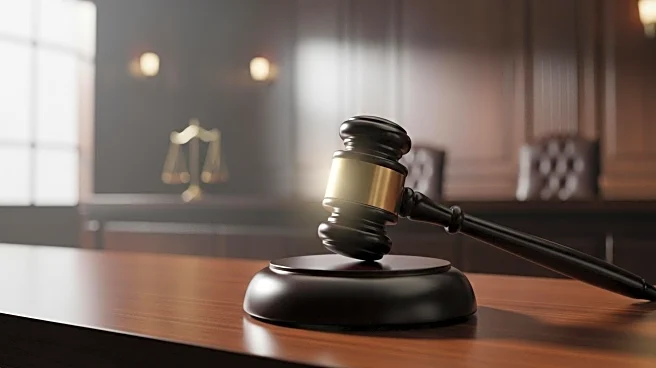What's Happening?
Ryan Routh, accused of attempting to assassinate President Trump at his Florida golf course, has concluded his defense without testifying. Representing himself, Routh questioned a firearms expert and two character witnesses. The firearms expert suggested that Routh's weapon may have been ineffective due to a jam and a poorly mounted scope. The character witnesses described Routh as peaceful but admitted they hadn't seen him in years. Prosecutors have presented evidence of Routh's alleged plotting and actions during the incident. Closing arguments are set for Tuesday, with the trial moving faster than expected.
Why It's Important?
The trial is significant for its implications on presidential security and the legal system's handling of self-represented defendants. It highlights the challenges faced by law enforcement in protecting high-profile figures like President Trump. The case may influence public policy regarding security measures at political events and the rights of defendants in court. The trial's outcome could impact public confidence in the legal system and the effectiveness of security protocols. It also raises questions about the motivations and backgrounds of individuals who pose threats to political figures.
What's Next?
Closing arguments are scheduled for Tuesday, after which jurors will begin deliberations. The trial's outcome could have significant consequences for Routh, who faces severe charges. The case may lead to discussions on improving security measures for political figures and the legal rights of defendants representing themselves. Political leaders and law enforcement agencies may respond to the trial's outcome and consider changes to security protocols.










